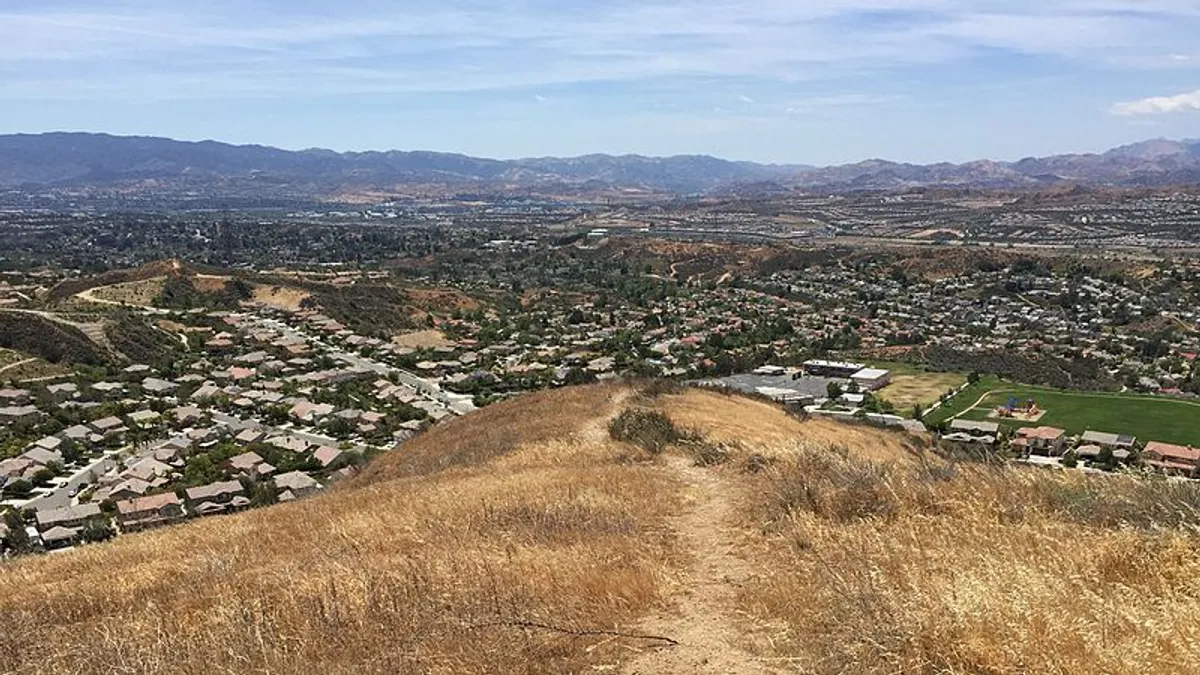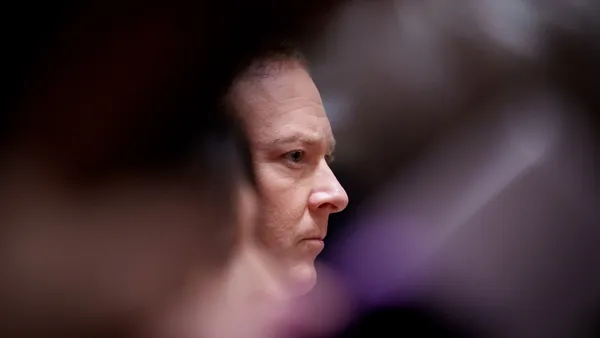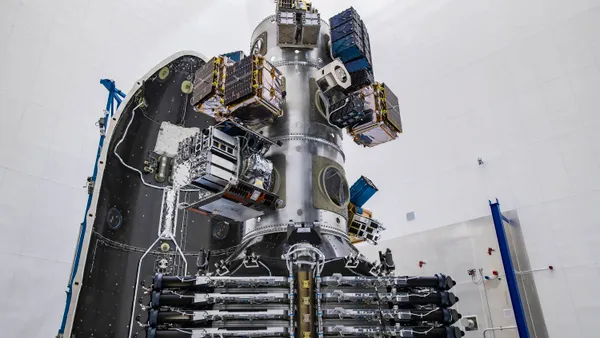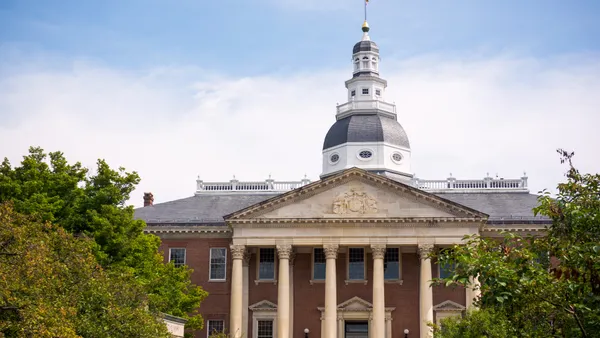Dive Brief:
- In a win for Waste Connections, Judge Daniel Murphy of the Los Angeles County Superior Court determined last week that the Los Angeles County Planning Department cannot take a position conflicting with its previous statements concerning the Chiquita Canyon Landfill. Murphy found that the equitable estoppel doctrine applied against the county in its efforts to contest ongoing legal action by Waste Connections.
- That Nov. 13 ruling allows Waste Connections to ramp up an increasingly acrimonious legal back-and-forth by finding the company was within its rights to sue the department over operational conditions within its Conditional Use Permit (CUP). Murphy wrote there was "strong evidence" to suggest the county led Waste Connections to believe it could both continue operations and challenge permit conditions.
- James Slaughter, an attorney representing Waste Connections, said the ruling could prove key for other landfills with "complex" CUPs. "Landfills have to remain in operation to serve public waste infrastructure needs, and at the same time they should be entitled to take permitting authorities to court where there are disputes over the legal basis for a CUP term," Slaughter told Waste Dive.
Dive Insight:
Equitable estoppel is a doctrine through which courts will prevent one party from taking what is deemed to be an unfair advantage — specifically when that party makes false representations, or conceals material facts that induce another party to act in a certain way resulting in injury. The equitable estoppel finding marks the latest legal turn of events surrounding the contentious Chiquita Canyon landfill, a 639-acre site that handles roughly a quarter of Los Angeles County's solid waste disposal needs.
In 2015, an audit of Chiquita's solid waste fees came back clear, before the county rescinded that conclusion over questions about soil cleanliness. The ensuing dispute culminated in Waste Connections winning an appeal over the $5.1 million landfill penalty against the Los Angeles County Department of Public Works.
But new 2017 permit requirements at the landfill generated a separate legal fight. Those requirements — totaling more than 130 — reduced tonnage allowances and added $15 million in annual expenses. Waste Connections challenged 29 of the CUP conditions, despite pushback from the department. That resulted in the recent equitable estoppel finding.
“While courts should entertain estoppel theories advanced against local governments only in limited circumstances, Chiquita has pled facts here that, if taken as true (which we do at this stage of the proceedings), would justify application of estoppel principles,” the judge wrote in the ruling. “As Chiquita tells it, the County directed Chiquita to reserve its rights in a particular manner and then contested the reservation’s effectiveness, which deprived Chiquita of the opportunity to make the hard choice of whether to comply with the 2017 CUP permit as issued or cease operating the Landfill while its challenge to certain conditions was heard in court.”
Slaughter said equitable estoppel is rarely applied in cases like this to avoid interfering with government policies.
"[T]he Court found that the prejudice to Chiquita Canyon Landfill of not having its day in court to argue the legality of certain CUP conditions outweighed the prejudice to the County of being held to its statements in this case," said Slaughter.
The county did not respond to a request for comment. A trial date for Chiquita Canyon's full claims is set for April 23, 2020. The landfill's legal events may still continue after that; Slaughter confirmed a separate trial date is set for June 25, 2020 over another 2017 dispute involving CUP conditions.
Moreover, the Val Verde Community Association, Citizens for Chiquita Canyon Landfill Compliance, and Santa Clarita Organization for Planning and the Environment (SCOPE) sued both the Los Angeles County Board of Supervisors and Chiquita Canyon in 2018 over plans to expand the landfill. They argued that a 1997 assurance from the board meant the landfill should be closing either in 2019 or once the site hit 23 million tons of material, which it had already passed. An approved expansion proposal allows the site to operate for another 30 years, or until it reaches 60 million tons.
The groups argue that they are dealing with air pollution and odor issues associated with the landfill. But in October, a judge threw out their suit, siding with the government's right to make administrative decisions.
That move has now been compounded by the equitable estoppel decision. "I don't know what the judge was thinking," Lynne Plambeck, SCOPE president, told Waste Dive.
One looming area of contention could be the planned community of Newhall Ranch. That area's first phase will be immediately across the highway from the landfill, Plambeck said. "That's 1,500 homes that can't depend on the conditions of approval being followed," she continued. "Homes never should have been approved that close to a landfill, but now those new residents cannot even depend on the hours, number of trucks, prohibited deposal, etc or other regulations in the CUP."
Plambeck argued the California Environmental Quality Act allows community members to have their needs addressed during hearing processes. She indicated hope that California Attorney General Xavier Becerra might get involved on behalf of all impacted residents — potentially paving the way for more legal battles to come.













